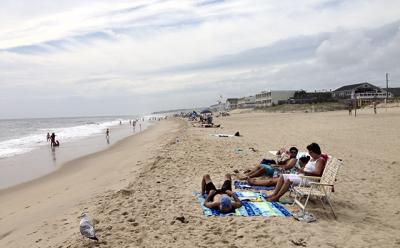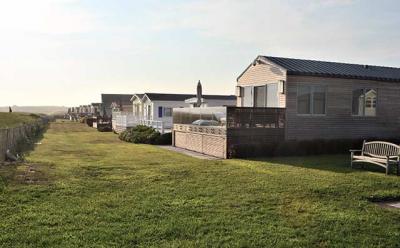Legislator Bids to Pull Dune Dollars
Legislator Bids to Pull Dune Dollars

A resolution that would withdraw funding for future maintenance of the artificial dune the Army Corps of Engineers is set to build on the downtown Montauk beach beginning next month could reach the Suffolk County Legislature at its next general meeting, on Oct. 6.
The county had agreed last year to help East Hampton Town shoulder the cost of maintenance of the dune. Under an agreement with the Army Corps on the $8.9 million dune project, the town and county would be responsible for keeping the sandbag core of the dune covered with three feet of sand, which could require extensive sand additions after storms.
If approved, the resolution would not only repeal the county lawmakers’ authorization for an intermunicipal agreement with the town, which has not yet been signed, but would also require the county to conduct a review of the potential environmental impacts of signing the agreement under the New York State Environmental Quality Review Act.
The annual dune maintenance cost has been estimated at an average of $150,000, though that estimate has been questioned as unrealistically low by a number of people.
Among them is County Legislator Al Krupski of the county’s First District, which includes the North Fork. Mr. Krupski, who has continually expressed opposition to the Montauk dune project and the approach of building a structure on the shore, wrote the resolution, which will be discussed on Sept. 28 by the Legislature’s public works committee, which he leads.
If approved by the committee, it will be brought before the full Legislature at the early October meeting.
Contractors are scheduled to begin staging and other preparations for the construction of the 3,100-foot-long artificial dune on Oct. 1; excavation of the beach and the filling of sandbags with trucked-in sand are slated to begin after the Columbus Day weekend.
The dune will span the beach at 105 feet wide, topping out at a 16.5-foot elevation, which will require the construction of walkways on pilings so that people might reach the shore.


